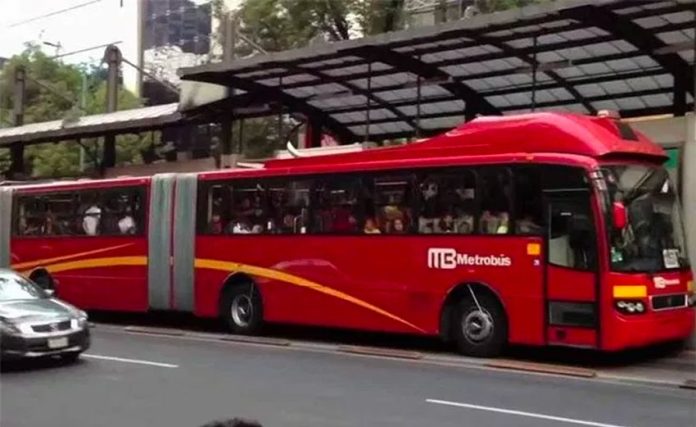Four urban transportation companies have announced a new bus route for the Riviera Maya in Quintana Roo, connecting Tulum and Cancún.
With an initial investment of 250 million pesos (US $13.3 million), Turicún, Autocar, Maya Caribe and Cooperativa Bonfil intend to start operating a fleet of 140 articulated buses later this year.
One hundred buses will be based in Cancún, while the remaining 40 will operate out of Tulum. Each will have a capacity of 160 passengers. Promoters of the new service expect to cater to an average of 50,000 users per day, both residents and tourists.
Expected to create 1,500 new jobs, the first service of its kind in Quintana Roo will also implement environmentally-friendly technologies.
The 16 to 18-meter-long, natural gas-powered buses will also be equipped with wifi and “top quality services” intended to provide modern, comfortable, safe and efficient service at a price that is accessible to local passengers and tourists, the companies said.
The 104-kilometer route starts in downtown Cancún and includes the hotel zone. Buses will make stops at cities along the way, including Puerto Morelos, Playa del Carmen and Akumal.
Source: El Universal (sp), Noticaribe (sp)
